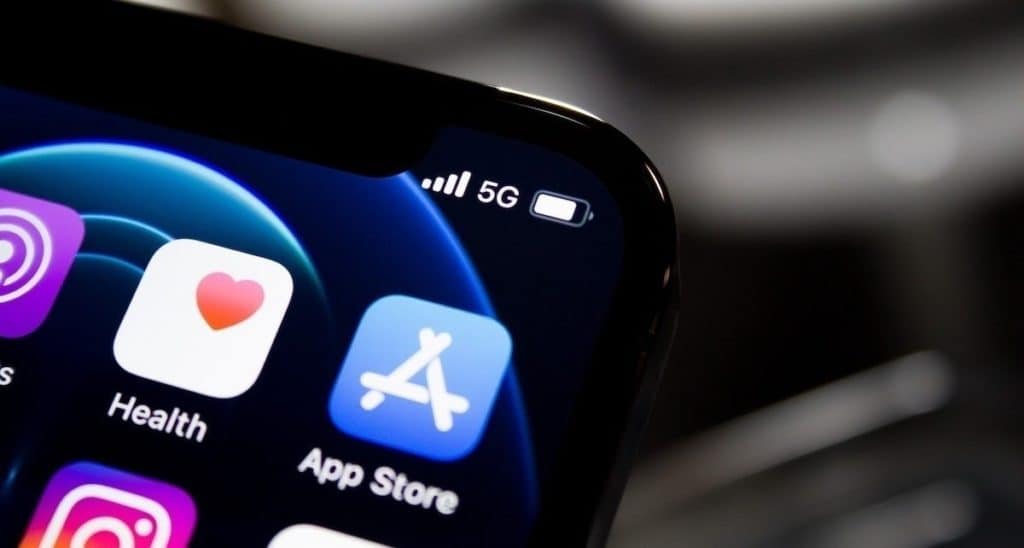
The chair of Australia’s competition watchdog says “upfront rules and regulations” might be necessary to curtail perceived effects of Apple and Google’s duopoly in the app store space.
In a speech prepared for the Global Competition Review webinar scheduled for Thursday, Rod Sims, chair of the Australian Competition and Consumer Commission, plans to address the topic of app store competition and outline steps the body may take in response to anti-competition concerns, reports The Guardian.
“It is likely, however, that upfront rules and regulation may be needed to achieve these objectives,” Sims said, according to an advance copy of his speech seen by the publication. “We are closely following overseas moves that aim to address the same competition and consumer concerns that we have identified.”
Sims goes on to note international efforts to investigate Apple and Google’s app store practices, as well as other sectors of the tech giants’ respective businesses. For example, the European Commission’s scrutiny over Apple Pay and a more recent examination of the App Store are mentioned, the report said.
The government inquiries and a legal thrust initiated by Epic Games against both companies could lead to a more competitive app store marketplace, potentially negating the need for ACCC intervention, Sims suggests. That path would require regulators to have “international coherence and alignment” to succeed, however.
“The key point is that while these enforcement actions and market studies are necessary to tackle the problems arising from dominant digital platforms, they are not enough on their own,” Sims says in the speech. “Our own work at the ACCC must be tailored to match our own issues and concerns. But although the finer details of our approaches may vary, competition authorities can still achieve successful global outcomes by aligning their approaches to both enforcement and regulation.”
Sims’ statements arrive amid an extensive and ongoing ACCC Digital Platform Services Inquiry that scrutinizes various aspects of apps, mobile app stores, internet search, web browsers and more. Reports are issued every six months, with an interim report in April taking aim at preinstalled apps, app payments processing, developer fees and third-party app stores.
Apple for its part lists user security and privacy as key arguments against allowing third-party app distribution on iOS. Google in a statement to The Guardian said it provides a safe and secure platform with the Play Store, but noted that Android users are free to obtain apps through alternative means.

